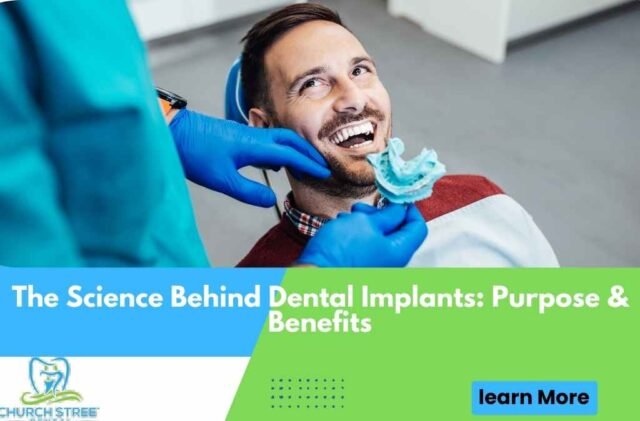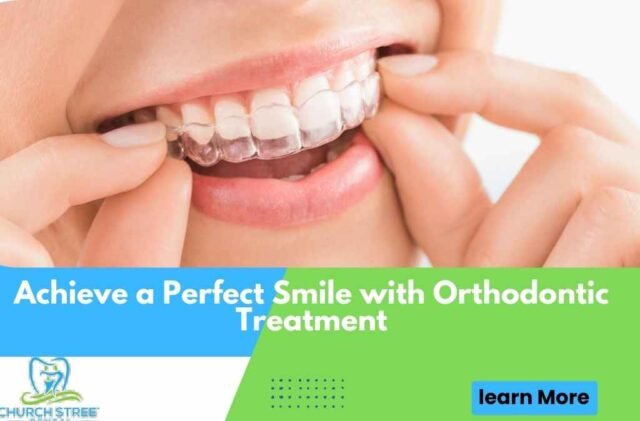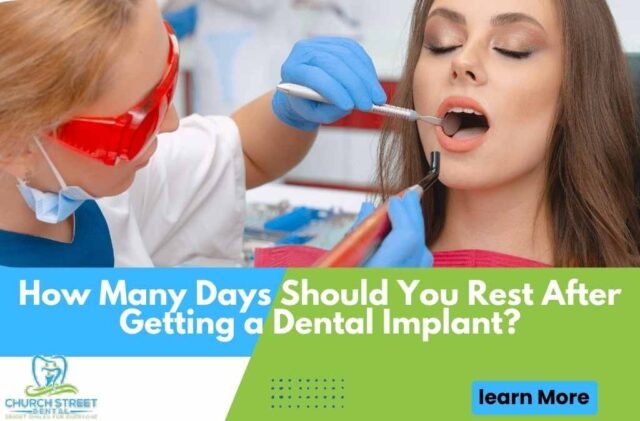A damaged or missing tooth can significantly impact your smile and make chewing uncomfortable. Fortunately, modern dentistry offers two excellent solutions: saving the natural tooth or opting for a dental implant. But which option is best for you? This article explores the pros and cons of each approach to help you make an informed decision.
Preserving Your Smile: Saving the Natural Tooth
Whenever possible, dentists recommend saving your natural tooth. Here’s why:
Natural Feel and Function
Your natural teeth provide a unique biting sensation and contribute to proper jawbone stimulation. Saving them ensures optimal chewing function and a natural feel in your mouth. Unlike artificial replacements, natural teeth maintain the precise coordination and pressure that your mouth is accustomed to, contributing to overall comfort and functionality.
Preserves Jawbone Health
Healthy tooth roots stimulate the jawbone, preventing bone loss. While implants can also achieve this, natural teeth offer a more natural physiological process. The roots of natural teeth send signals to your jawbone, maintaining its strength and density, which is crucial for the structural integrity of your face.
Less Invasive Procedure
Saving a tooth typically involves a root canal or filling, which is less invasive than dental implant surgery. This translates to quicker recovery and less discomfort. Procedures to save a tooth usually involve cleaning out decay or infection and sealing the tooth, which can often be completed in one or two visits with minimal downtime.
Potentially Lower Cost
Generally, saving a tooth is less expensive than dental implants cost. The cost varies depending on the specific procedure needed, but root canals and fillings are usually more affordable. Insurance coverage is also more likely to cover a larger portion of the cost for procedures that save natural teeth compared to implants.
However, saving a tooth isn’t always possible. Here’s when dental implants might be a better choice:
- Extent of Damage: Severely fractured teeth, extensive decay reaching the pulp, or advanced gum disease may require extraction. In such cases, an implant offers a more predictable and long-term solution.
- Root Canal Failure: If a previous root canal has failed to save the tooth, retreatment may not be successful. An implant provides a more definitive solution.
- Long-Term Considerations: While a saved tooth can last a lifetime with proper care, some individuals might prefer the long-term predictability and stability of a dental implant.
Dental Implants: A Stable, Long-Term Solution
Dental implants, including options like ClearChoice dental implants, are a state-of-the-art tooth replacement option with numerous advantages:
Function and Aesthetics
Dental implants mimic the look, feel, and function of natural teeth. They allow for natural biting and chewing and enhance the aesthetics of your smile. Dental implants are custom-designed to blend seamlessly with your existing teeth, providing a natural appearance that can boost your confidence and improve your quality of life.
Durability and Longevity
Dental implants have a very high success rate (over 95%) and can last a lifetime with proper care. They provide a strong foundation for crowns and bridges, offering a long-term solution for missing teeth. Unlike dentures or bridges, which may need to be replaced or adjusted over time, implants are designed to be a permanent fixture.
Improved Oral Health
Implants prevent bone loss in the jawbone and help maintain the structure of your face. They also don’t affect neighboring teeth, unlike bridges that require grinding down healthy teeth for support. By preserving the natural shape of your face and jaw, dental implants help maintain your overall oral health and prevent the shifting of surrounding teeth.
Lifestyle Benefits
For those with an active lifestyle, implants provide superior stability. Whether you enjoy sports or have a busy, active life, implants can withstand significant pressure and impact without shifting or causing discomfort.
However, implants dental also have some drawbacks to consider:
Surgical Procedure
Implant placement is a surgical procedure requiring a longer healing time compared to saving a tooth. It might also involve additional procedures like bone grafting if your jawbone isn’t strong enough to support the implant. The surgical nature of the procedure means that it is more invasive and comes with the typical risks associated with surgery, such as infection or complications.
Cost
Dental implants generally incur higher costs compared to saving a tooth with procedures like root canals or fillings. The price of full mouth dental implants or all on 4 dental implants can vary based on procedure complexity and the number of implants required. Typically, a single dental implant ranges from $1,500 to $2,000 per implant, not per procedure. Additional expenses such as the crown, abutment, tooth and root extraction (if needed), office visits, and pre- and post-operative care can add $1,500 to $2,800 more. Consequently, the total cost for a single dental implant procedure typically falls between $3,000 and $4,800. Despite the initial investment, many patients find the long-term benefits of dental implants, including improved oral health, natural aesthetics, and durability, to outweigh the upfront costs. It’s essential to discuss these financial considerations with your dentist to understand the full scope of expenses involved and make an informed decision regarding your dental care.
Multiple Appointments
The implant process typically takes several months, involving multiple appointments for placement, healing, and crown attachment. The time required for the entire process can be several months, from initial consultation and planning to final placement and healing. This extended timeline requires patience and commitment.
The Right Choice for You: Consulting Your Dentist
Ultimately, the decision of whether to save a tooth or get a dental implant depends on your individual situation. Here are some factors your dentist will consider when making a recommendation:
- The Extent of Tooth Damage: Minor damage may be repaired with a filling or crown, but extensive damage may necessitate an implant.
- Health of the Surrounding Teeth and Gums: Healthy gums and neighboring teeth are crucial for both saving a tooth and supporting an implant.
- Bone Density in the Jaw: Adequate bone density is necessary to support an implant. If the bone is insufficient, bone grafting may be required.
- Your Overall Health and Medical History: Certain medical conditions and medications can impact the success of dental procedures.
- Your Preferences and Budget: Personal preferences, aesthetic desires, and financial considerations will also play a role.
During a consultation, your dentist will thoroughly examine your tooth, take X-rays, and discuss your medical history. They will explain all the treatment options available and answer any questions you may have. This collaborative approach ensures you make an informed decision that aligns with your dental needs and goals.
Beyond the Basics: Additional Considerations
Here are some additional factors to ponder when making your choice:
Lifestyle
If you lead an active lifestyle or play sports, implants might be a better choice due to their superior stability. Dental implants provide a fixed solution that does not shift or move, making them ideal for those who need a reliable and durable tooth replacement.
Cosmetic Concerns
Dental implants offer greater control over the aesthetics of your smile, allowing for a natural-looking replacement tooth. They can be custom-designed to match the color, shape, and size of your natural teeth, providing a seamless and aesthetically pleasing appearance.
Future Dental Health
If you have a history of dental problems, implants might be a more predictable long-term solution compared to saving a tooth that might require future interventions. Dental implants are designed to last a lifetime with proper care, reducing the likelihood of needing additional treatments or replacements in the future.
If you’re considering dental implants, it’s essential to explore your options, including affordable dental implants, implants dental near me, and dental implants prices. For those curious about specifics like how much dental implants cost, how much are dental implants, or how much do dental implants cost, your dentist can provide detailed estimates based on your needs.
Remember, this article provides general information and shouldn’t be a substitute for professional dental advice. Schedule a consultation with ChurchStreetDental, a trusted dentist in Chicopee, MA, to discuss your specific situation and explore the best course of action for your dental health and a radiant smile.
In conclusion, both saving a natural tooth and opting for a dental implant have their distinct advantages and considerations. The choice between the two depends on a variety of factors, including the extent of damage, personal preferences, budget, and overall oral health. By consulting with your dentist and understanding the benefits and drawbacks of each option, you can make an informed decision that best suits your needs and ensures a healthy, beautiful smile for years to come.






